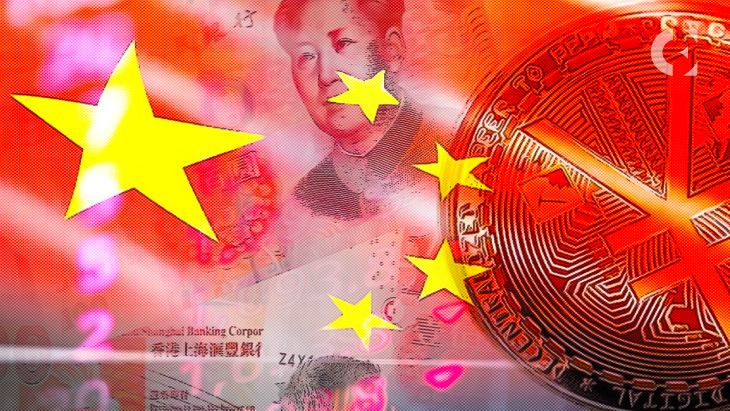- A former member of the People’s Bank of China’s monetary policy committee explained why China banned crypto.
- Huang Yiping said Bitcoin lacks actual value and is more of a digital asset than a currency.
- He added that China banned crypto due to severe anti-money laundering issues.
Professor of finance and economics at Peking University’s National School of Development and a former member of the People’s Bank of China’s monetary policy committee, Huang Yiping, published an article on why China banned cryptocurrency.
He reports that when determining a stand on cryptocurrencies, there are several things to consider. First, due to their lack of fundamental worth, cryptocurrencies like bitcoin are more akin to digital assets than actual currencies. Furthermore, studies have revealed that around 25% of all Bitcoin accounts and 50% of all trading activity are connected to criminal activities.
Moreover, the maturity of the nation’s financial system and regulatory framework determines the regulatory stance regarding cryptocurrencies and digital assets. Typing informs his readers that the Chinese government forbids cryptocurrency trading there at the moment. The primary reason is that China still has serious anti-money laundering issues. Additionally, the country still maintains a number of capital account controls, thus allowing the unrestricted trading of digital assets like cryptocurrency will have far more negative effects than positive ones.
Lastly, Yiping adds that it is crucial to properly take into account long-term patterns. A ban on cryptocurrencies might be workable in the short run, but it is important to consider whether it will be viable in the long run. The formal financial system benefits from some of the new digital technologies introduced by cryptocurrencies, such as tokenization, distributed ledger, blockchain technology, and others. Long-term restrictions on bitcoin trading and similar activities run the risk of leaving people out of significant technological advancements, and restrictions may not last very long.
Yiping concludes his report by sharing that for a developing nation, there is no particularly ideal prescription for how cryptocurrencies should be governed, but ultimately an effective strategy may still need to be established.
Disclaimer: The information presented in this article is for informational and educational purposes only. The article does not constitute financial advice or advice of any kind. Coin Edition is not responsible for any losses incurred as a result of the utilization of content, products, or services mentioned. Readers are advised to exercise caution before taking any action related to the company.







